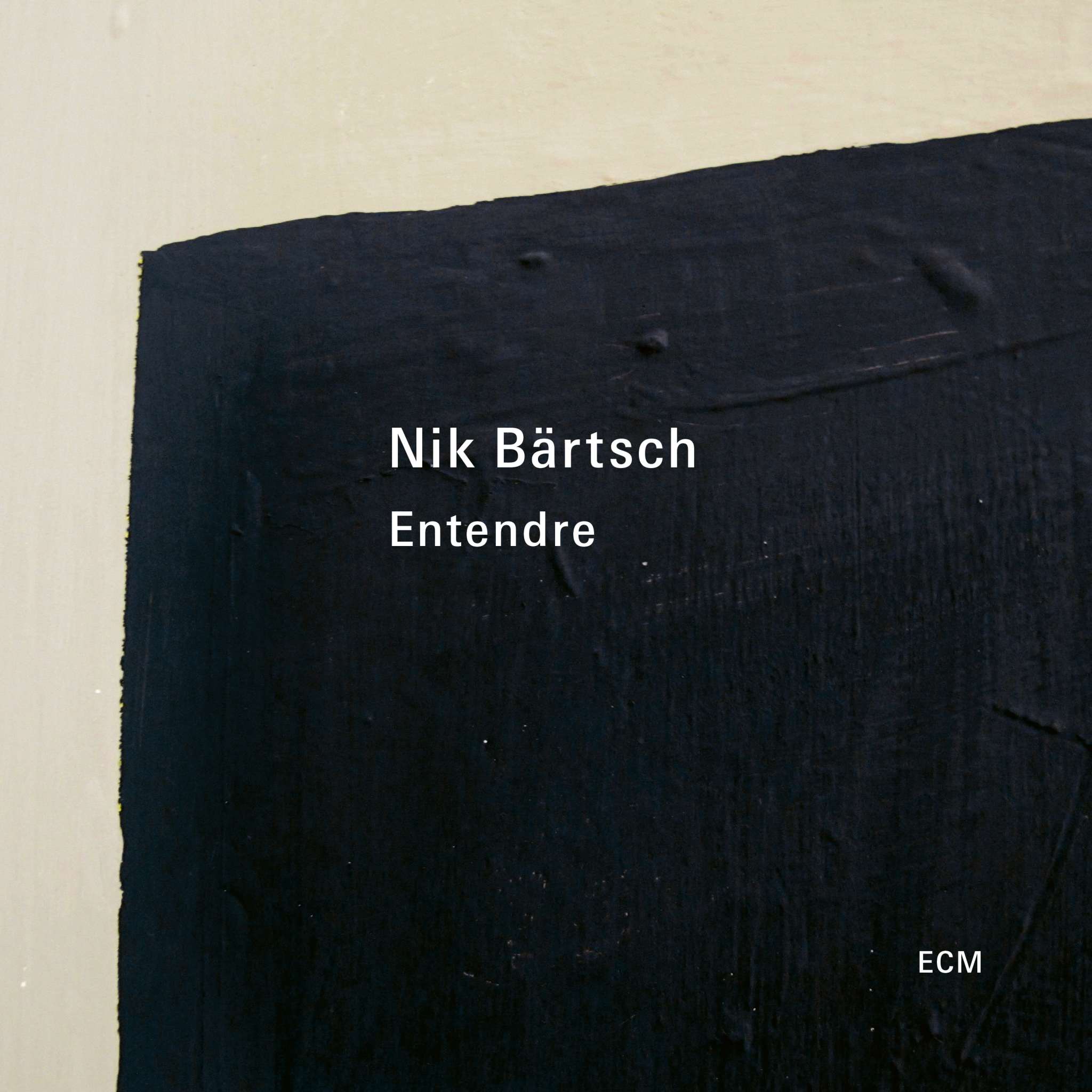Album insights
Renowned composer Reynaldo Hahn (1875–1947) has been portrayed in contrasting lights by critics. H.H. Stuckenschmidt disparaged him as a talented gossipmonger, excelling in operettas and tastefully delivered ballads. On the other hand, Martin Cooper viewed him more favorably, likening his skill and melodic charm to English composer Roger Quilter. Despite claims of endless output early in his career, Hahn crafted about 60 songs, with many originating from his early years.
Born in Caracas, Venezuela, Hahn showed musical promise at a young age, moving to Paris at three. By eleven, he was studying at the Conservatoire and receiving composition lessons from Massenet. Influenced by his mentor, Hahn's lyrical style reflected Massenet's finesse. He displayed a keen interest in theater and literature, crossing paths with figures like Marcel Proust. Beyond composing, Hahn worked as a conductor and critic, holding influential positions in journals and eventually leading the Paris Opéra in his final years.
Hahn's musical acumen extended to editing Rameau's works and crafting impactful pastiches, evident in his compositions. Admiring Mozart deeply, Hahn's tastes spanned from Palestrina to Ravel, finding Beethoven overwhelming and Schumann's artistry unmatched in emotional depth. Avoiding sentimentality, Hahn's cultivated style resonated with sophistication across genres.
His numerous songs mainly from the 1890s deviated from the frivolous trends of the era, showcasing a style transcending typical salon ballads. Notable works like "À Chloris" and "Tyndaris" exuded a blend of charm and subtlety, aligning music seamlessly with poetic nuances.
From his famous piece "Si mes vers avaient des ailes" to his exquisite renderings of Verlaine's poetry, Hahn excelled in musical adaptability, especially with the delicacy of French poets' works. The remarkable maturity displayed in his compositions at a young age mirrored a deep understanding of the text's emotional undercurrents.
Throughout his career, Hahn's finesse in translating poetic nuances into musical forms shone brightest in his Verlaine settings, capturing the intricate atmospheres of the poems. With compositions like "Fêtes galantes" and "D'une prison," Hahn mastered the art of contrasting themes, maintaining an impeccable balance of calm and pathos.
In age-defiant compositions such as "Offrande" and "L'incrédule," Hahn showcased remarkable harmonic mastery and a nuanced approach to aligning music with poetic sentiments, thus solidifying his reputation as a musical prodigy with a profound artistic sensibility.


